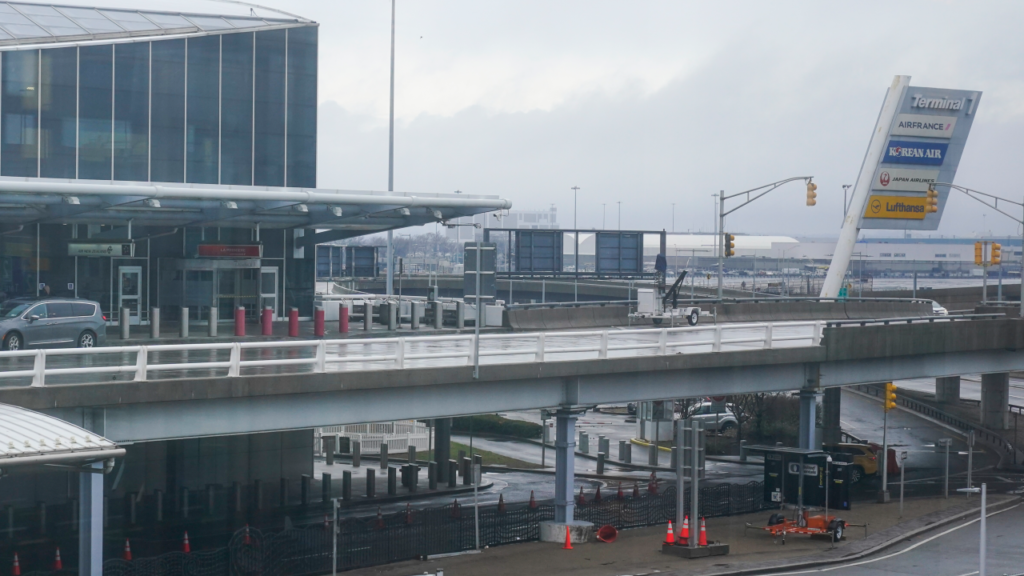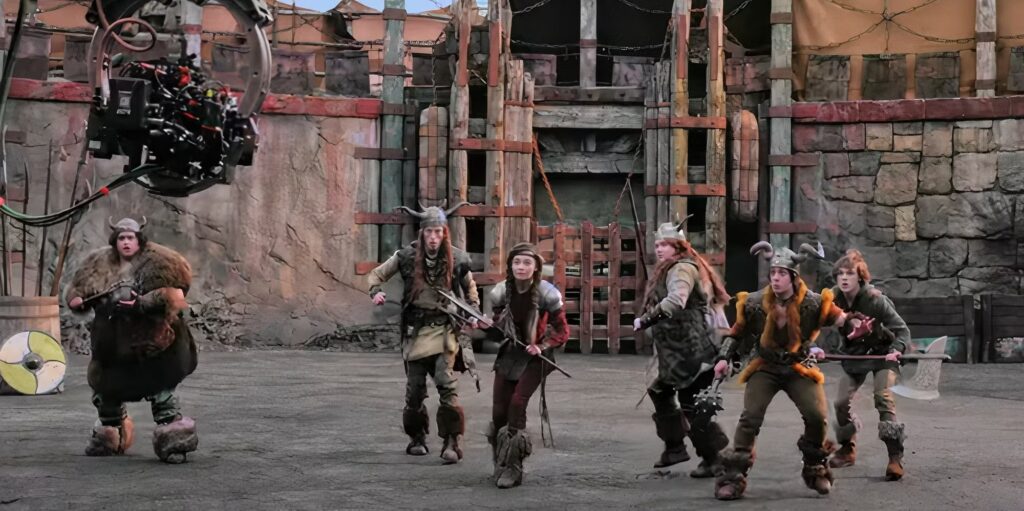
A potentially catastrophic incident occurred at John F. Kennedy International Airport when an American Airlines Boeing 777 mistakenly taxied onto the wrong runway, directly into the path of a Delta Air Lines flight that was amid takeoff, according to documents released by the National Transportation Safety Board (NTSB) on Monday.
The incident, which took place on January 13, 2023, raised concerns about aviation safety and prompted the NTSB to launch an ongoing investigation. According to the released documents, the American Airlines pilots had initially planned to take off from runway 31L but received conflicting instructions from air traffic controllers to cross 31L and depart from runway 4L.
In subsequent interviews, all three pilots on the American Airlines plane affirmed that they understood they were departing from runway 4L. However, as they crossed 4L, a Delta Boeing 737 was beginning its takeoff roll on the same runway. The situation was only averted due to a vigilant air traffic controller who, using strong language, commanded the Delta pilots to abort their takeoff.
Read Also: American Airlines Flight Makes Hard Landing on Maui Runway, 6 Injured
Captain Michael Graber, who was at the controls of the American Airlines jet, admitted to distraction and confusion, mentioning a heavy workload. As the plane crossed the runway, he noticed red lights indicating it was unsafe, prompting him to apply more power to accelerate across. Co-pilot Traci Gonzalez cited distractions, including numerous weather alerts, and claimed awareness of crossing runway 31L but not realizing they were on 4L.
The third person in the cockpit, relief pilot Jeffrey Wagner, admitted to being distracted with his attention “heads down” and initially mistook the Delta plane for one taxiing behind them.
The Delta pilots successfully halted their takeoff, preventing a potential disaster. However, the planes came within approximately 1,000 feet (300 meters) of each other, concerning proximity in aviation terms.
Read Also: Air India Transports 1 Million US Travelers in 2023
Following the incident, the American Airlines crew was warned about a “possible pilot deviation,” and the captain, after a delay, called the provided phone number. The cockpit voice recording, crucial for investigations, was unfortunately taped over during the subsequent flight to London.
Efforts to interview the American pilots were initially rebuffed by their union, the Allied Pilots Association, leading the NTSB to issue a subpoena to secure recorded interviews. This incident has reignited calls for the Federal Aviation Administration to mandate better preservation of cockpit voice recordings, with recommendations for recordings not to be overwritten for 25 hours, a policy currently proposed only for new planes.
As investigations continue, the aviation community remains on alert for necessary safety improvements to prevent such close calls in the future.



